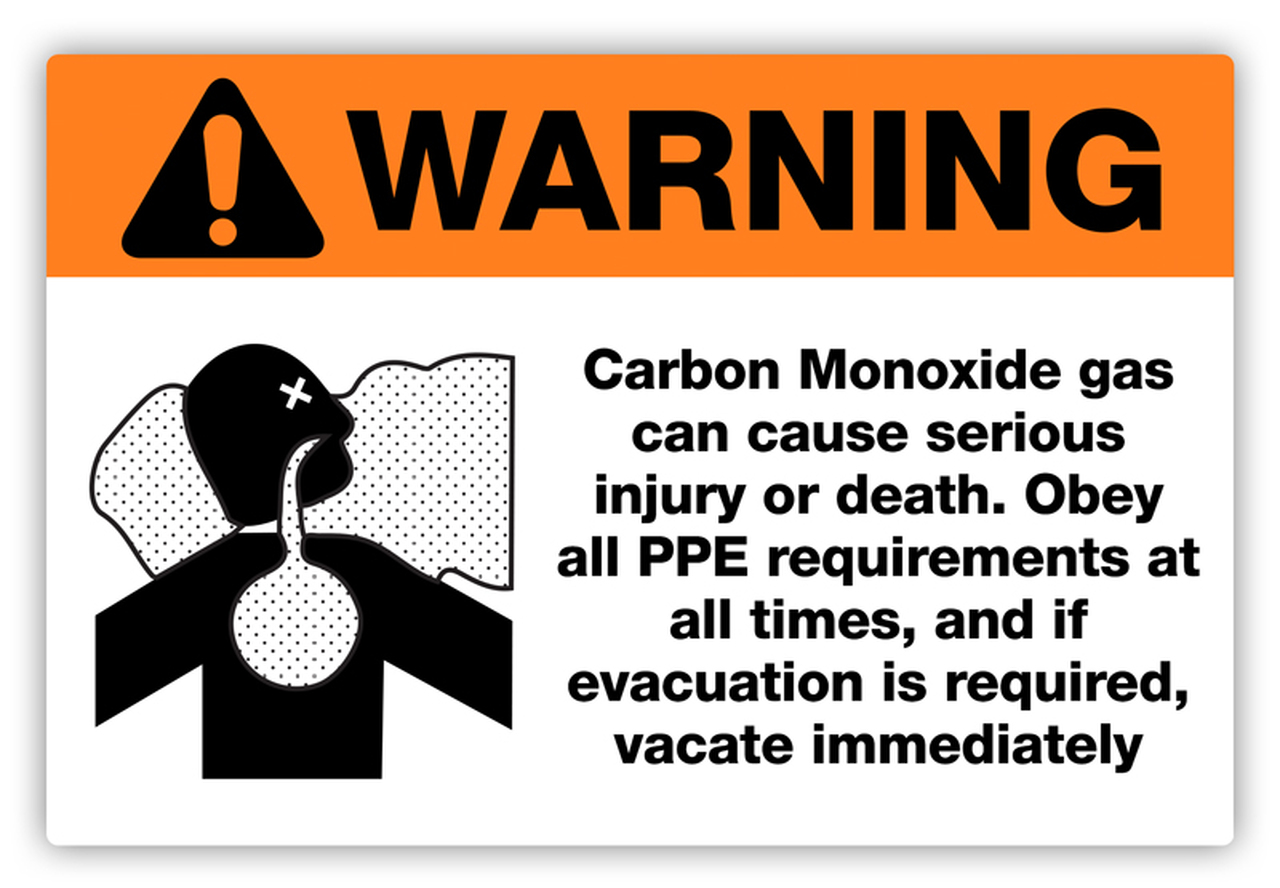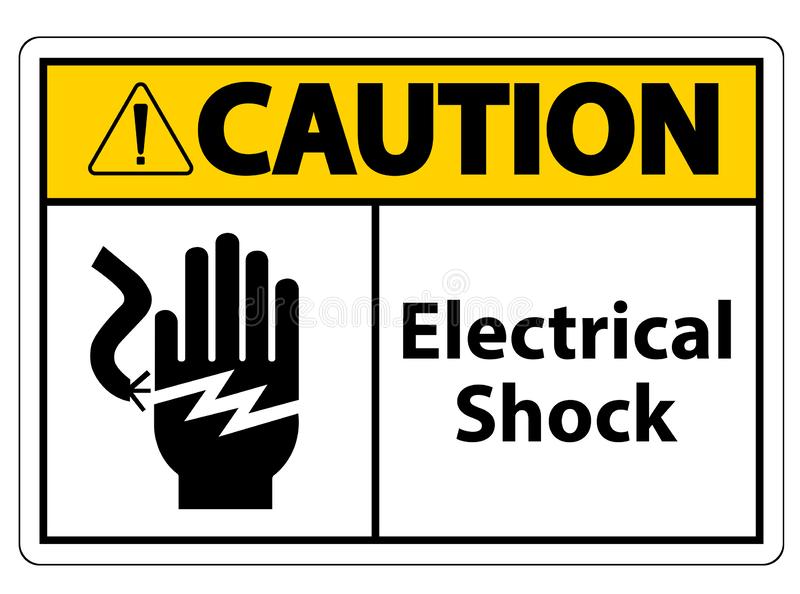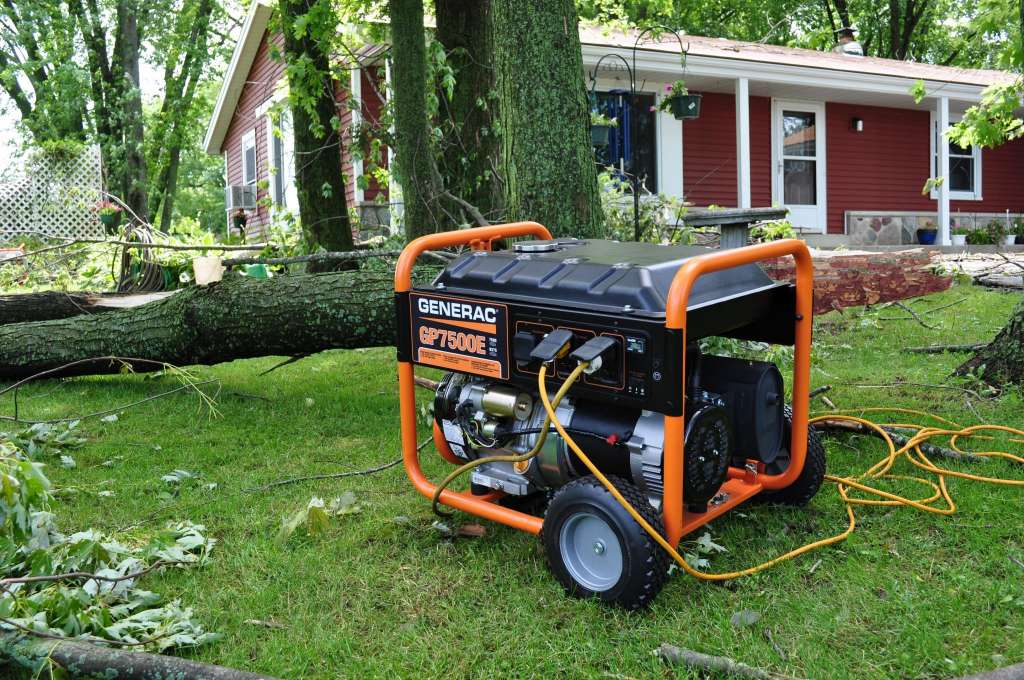During times of unfortunate events when the power is out due to a short circuit or during severe weather, having a generator at home can be a huge lifesaver. Still, if they are not correctly used, this device can cause serious harm.
General Safety and Guidelines for Standby Generators

- Avoid keeping the generator inside a structural building. Placing the generator indoors in an enclosed structure can be very dangerous when carbon monoxide levels increase.
- In order to ensure the safety of users, the generator should be at least 20 feet away from your home.
- When adding fuel to the generator, at least it takes 15-20 minutes to cool down.
- A carbon monoxide monitor should be present in the house.
- In case of emergency, place a fire extinguisher near the generator.
- It is advisable to use a portable generator only once necessary and to power essential equipment.
- Keep the generator dry and use the generator when the weather is dry, so the generator is dry too, and make sure wet hands don’t touch the device. During rain or damp weather, don’t use a generator.
- When using the generator, make sure to disconnect the regular source of power. If not, then the power from the generator will go back to the utility lines and can cause life-threatening problems.
- Make sure to ground the generator correctly to prevent electrocution.
- It is essential to plug the equipment or device directly into the generator by using outdoor extension cords, which help handle the electric load.
- Don’t plug the generator into the wall or power the house by plugging the generator into the main electrical panel. Only allow a professional electrician to connect the generator to the main electrical panel.
- Maintain a supply of fuel and be aware of how much fuel your generator consumes. The fuel needs to work correctly. If gas and diesel fuels are stored for a long time. Check and refresh them on a yearly basis.
- Store your fuel in a dry, cool, and well-ventilated place that doesn’t have any heat sources.
- Turn off the generator and let it cool down before adding any type of fuel.
- The inspection and maintenance of the generator are essential; therefore, do it regularly. To do this, periodically check the aboveground storage tanks, pipes, and valves for cracks and leaks. If found, replace them immediately. The Tanks might have to meet other regulatory requirements.
- Purchase a maintenance contract to get maintenance service at least once every. Most importantly, once before hurricane season.
- Try to keep new fuel in the tank and run the generator periodically in order to ensure that it will be ready once you need it.
Hazards of Misusing Generators
Make sure to use the generator correctly. If a generator is not used correctly, it can cause severe damage like:
- Carbon monoxide poisoning
- Electric shock or electrocution.
- Fire.
Carbon Monoxide Poisoning
 A portable generator can produce as much carbon monoxide as hundred cars which is very lethal and kill a person within minutes. Each year 20 000 people end up in an emergency, according to recent data. Therefore, this is one of the reasons to use generators carefully. Secondly, store and operate them away from homes as they can cause severe damage. Even if you’re using a portable generator, it should be a minimum of 30 feet away from your home. Moreover, even 15 feet away, that’s not enough to keep your home and yourself safe. The distance is less, and wind can blow the colorless, odorless, and tasteless gas inside the premises.
A portable generator can produce as much carbon monoxide as hundred cars which is very lethal and kill a person within minutes. Each year 20 000 people end up in an emergency, according to recent data. Therefore, this is one of the reasons to use generators carefully. Secondly, store and operate them away from homes as they can cause severe damage. Even if you’re using a portable generator, it should be a minimum of 30 feet away from your home. Moreover, even 15 feet away, that’s not enough to keep your home and yourself safe. The distance is less, and wind can blow the colorless, odorless, and tasteless gas inside the premises.
Operate the generator in dry areas. Keep the generators away from doors or windows or any other opening which leads inside the house. It’s essential to recognize the symptoms of Carmon monoxide poisoning as it can be a matter of life and death. Suppose people experience any symptoms like dizziness, blurred vision, shortness of breath, losing consciousness. In that case, they should be taken to a place with fresh air and seek medical help if necessary.
Electrical Shock and Electrocution
 The risks of being electrocuted while using a generator can be pretty high, especially if the weather conditions are severe, and flooding is a significant factor. So it’s not wise to use a generator when there’s flooding in the house. If there is a flood in the home, one must turn the main breaker off to cut the electricity in the house.
The risks of being electrocuted while using a generator can be pretty high, especially if the weather conditions are severe, and flooding is a significant factor. So it’s not wise to use a generator when there’s flooding in the house. If there is a flood in the home, one must turn the main breaker off to cut the electricity in the house.
When operating the generator, avoid connecting the generator to the power outlet. Not only is it wrong, but it can be life-threatening for the people inside and outside the house.
Fire Dangers
The fuel used in generators can cause a serious fire if not used properly; the device heats up when it is being used and can take some time to cool down even after it shuts down. It’s advisable to let the generator cool down before adding fuel again. It is better to keep gas or any other type of fuel away from the generator. Therefore, avoid keeping fuel or any flammable substance inside the house or any living area for that matter.
Conclusion
It’s essential to educate oneself about their generator, how to install it, ways for its safety, and how to maintain it. Then follow the instructions on how to use it and take precautions accordingly to avoid any dangerous incidents. When a generator is not installed correctly, it back feeds to the transformer and can produce 7200 volts output. Taking care of your generator is essential. If the generators are in good use, the fuels are fresh, and it runs perfectly, it is ready for emergencies. Therefore, to avoid any hazardous situation, it is essential to be aware of all the safety guidelines. Follow the above tips and guidelines to operating the generator during a hurricane safely.
